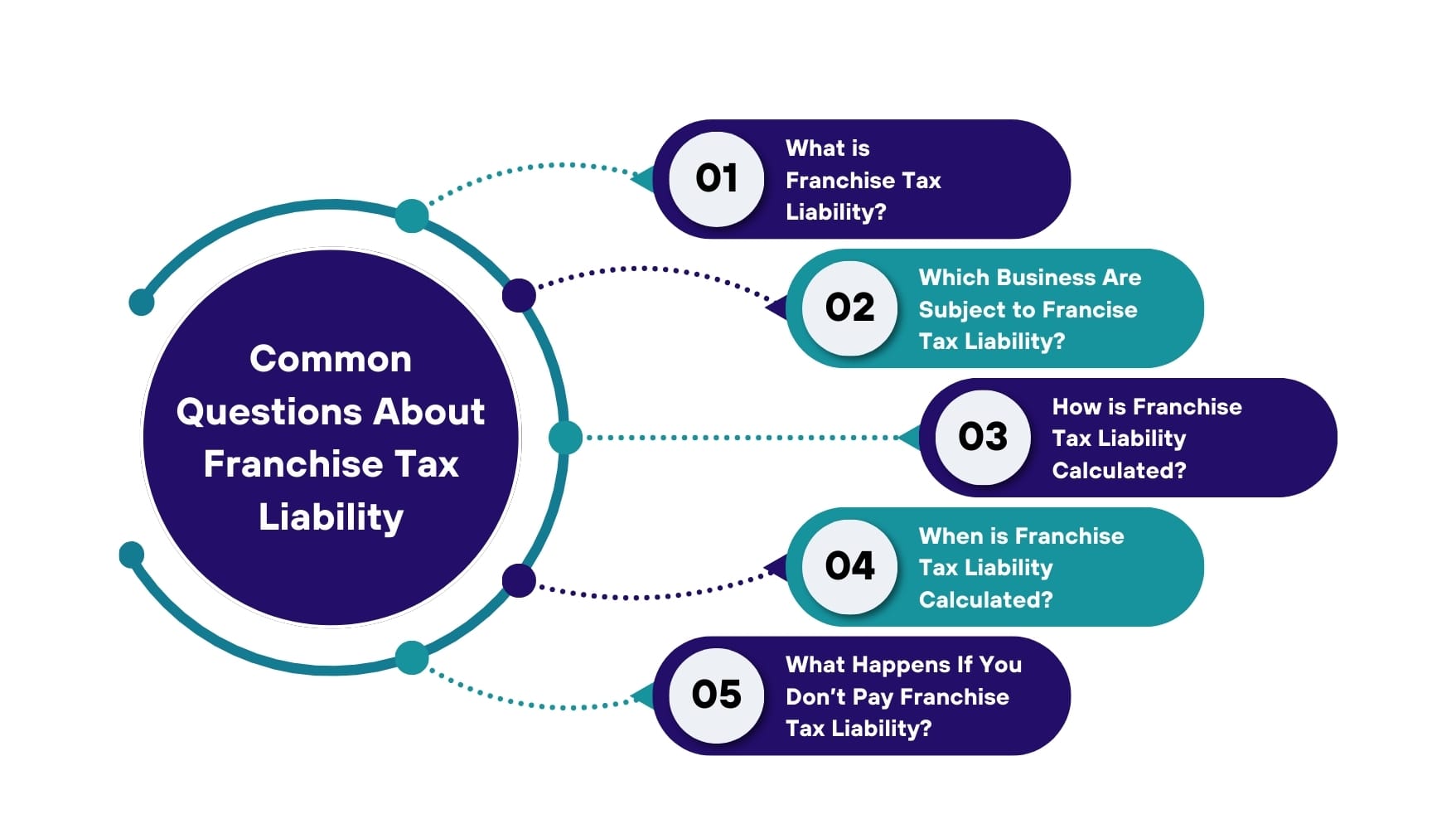
“A franchise tax is a tax that some U.S. states impose on businesses for the privilege of operating within their jurisdiction. Despite its name, it is not limited to franchises. Instead, it applies to various types of businesses, including corporations, partnerships, and LLCs, depending on state laws.
Franchise tax is not based on income but rather on factors like the business’s net worth, equity, or capital holdings. It is considered a cost of doing business and is separate from federal or state income taxes.
Key Highlights of Franchise Tax
Not
Federal
Imposed at the state level; not all states have franchise taxes.
Varies
by State
Examples include California ($800 minimum tax), Texas (margin-based tax), and Delaware (authorized shares or par value method).
Applies to
Multiple Entities
Corporations, LLCs, partnerships, and other entities may be subject to this tax.
Franchise
Tax
It is a deductible expense and is a mandatory fee.

Myth & Facts about Franchise Tax
Myth
Franchise Tax Is Based on Business Income
Small Businesses Are Always Exempt
Franchise Tax Is the Same Everywhere
Franchise Tax Is a One-Time Payment
No Penalty for Non-Payment
Paying Franchise Tax Covers All State Taxes
Closing a Business Stops Franchise Tax
Facts
Franchise tax is based on net worth, gross receipts, or capital, not income.
Some states exempt small businesses, but not all. For example, California charges a minimum of $800.
Franchise tax rules differ from state to state, with varying rates and regulations.
Franchise tax is typically paid annually, not just once.
Late payments incur penalties, interest, and may lead to suspension of your business.
Franchise tax is separate from other state taxes like income, sales, or payroll taxes.
You must formally dissolve the business to stop franchise tax liability.
Stay Compliant with Hassle-Free Franchise Tax Services
Managing franchise taxes doesn’t have to be a burden. Our experienced team simplifies the process, ensuring accurate calculations, timely filings, and full compliance with state regulations. Avoid penalties and focus on growing your business while we handle the complexities for you.
